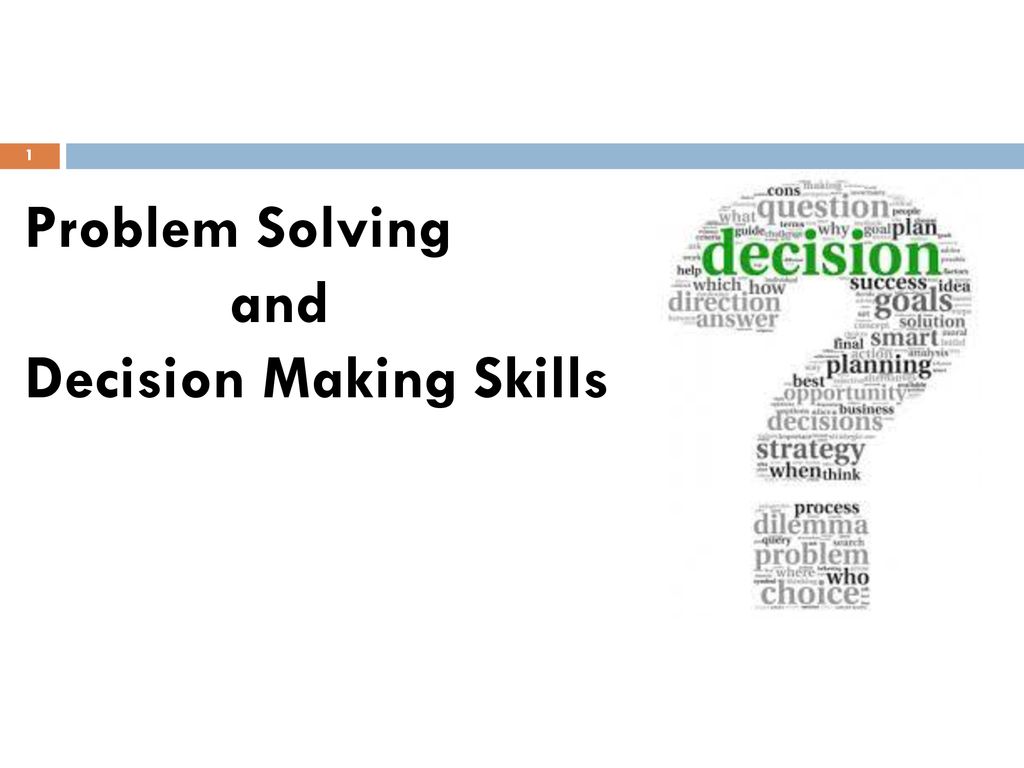Within a realm filled with choices, the capability to take choices effectively is more crucial than ever. Ranging from everyday scenarios like deciding what to eat for the evening meal to critical situations such as career changes or monetary investments, our choice-making skills determine the path of our existences. Yet, a multitude find themselves struggling with doubt, second-guessing their choices or, even worse, experiencing paralysis by overthinking. The good news is that becoming proficient in the skill of effective decision-making is a skill that anyone can cultivate.
In this piece, we will examine tested methods to enhance your decision-making skills, delve into the mental processes behind excellent decisions, and uncover the role of intuition and critical thinking. Whether you're facing pressure in a work environment or need to navigate personal challenges, understanding how to make well-informed and confident decisions can enable you to take charge of your existence. Come along as we unpack the approaches that can help you create wiser choices and steer clear of the pitfalls that lead to remorse.
Strategies for Successful Choices
One powerful technique for successful decision-making is to develop a defined framework that helps analyze options systematically. Start by defining the challenge you need to solve, then collect pertinent information about possible choices. Use tools like pros and cons lists or evaluation matrices to weigh the advantages and drawbacks of each option. This structured approach not only clarifies your thoughts but also helps you remain objective, reducing personal bias that can obscure judgment.
Another crucial aspect is to apply the art of mindfulness. Taking a short time to stop can significantly enhance the caliber of your decisions. Mindfulness encourages you to be aware in the moment, allowing you to declutter your mind of interruptions and focus on the decision at hand. By training yourself to slow down and assess your feelings and thoughts, you can make more conscious and deliberate choices that reflect your values and goals.

Finally, involving others in the decision-making process can boost the results. Collaborating with colleagues or seeking feedback from valued individuals encourages diverse perspectives and insights. This team approach can lead to a more holistic understanding of the options present. However, make sure to manage this process well to avoid getting lost in conversations, which can lead to overthinking. Striking a balance between collective input and prompt action is crucial to making sound decisions.
Grasping Choice-Making Psychology
Making decisions is profoundly entrenched in the study of the mind, influencing how we analyze information and confront choices. Our inclinations, experiences, and cognitive biases influence our conclusions, often in ways we may not even recognize. For instance, confirmation bias leads us to favor information that aligns with our existing beliefs, possibly clouding our judgment. Identifying these psychological influences is key for enhancing effective decision-making.
Emotional awareness holds a crucial role in our decision processes methodologies. Our emotions can direct us toward specific choices while moving us away from others. Understanding our emotional responses allows us to weigh feelings with rational thought. This balance can improve our capacity to make wise decisions, especially in stressful situations where clarity and calmness are essential.
Comprehending the mental processes behind decision processes also includes considering the impact of indecision. Many individuals find it difficult when faced with unclear outcomes, leading to inability to decide. By learning to accept uncertainty and adopting strategic frameworks, we can become more adept at navigating complex choices. This approach not only fosters confidence but also promotes a more assertive mindset in making choices encounters.
Defeating Doubt and Enhancing Confidence
Indecision can often stem from worry of having the wrong selection, resulting to inactivity by analysis. To defeat this psychological block, it is important to redirect your attention from potential mistakes to possibilities for growth. Start by accepting that no choice is unchangeable; every decision offers important lessons, independent of the consequence. Accept the concept that making choices is a skill that can be developed. By telling yourself that it's common to feel indecisive, you can lessen pressure and boost your readiness to act.
Cultivating self-confidence in your choice-making abilities involves rehearsal and self-assessment. Establish a habit for evaluating past choices, both successful and unfavorable. Reviewing these instances helps you recognize patterns in your thought process and discern what succeeded or didn’t. Additionally, setting small, attainable goals can enable you to make choices more readily. Each favorable choice, no matter how insignificant, contributes to a increasing sense of confidence and assertiveness in your choice-making capabilities.
Finally, enhancing confidence means proactively seeking assistance and advice from dependable peers or guides. Participating in open discussions about your dilemmas can provide new angles and options you may not have previously recognized. Remember that seeking Click here for info is a strength, not a weakness. Incorporating these habits into your routine creates a nurturing environment that promotes determined action while lessening the fear of failure. At last, improving your decision-making confidence comes from a combination of personal assessment, practice, and team input.
